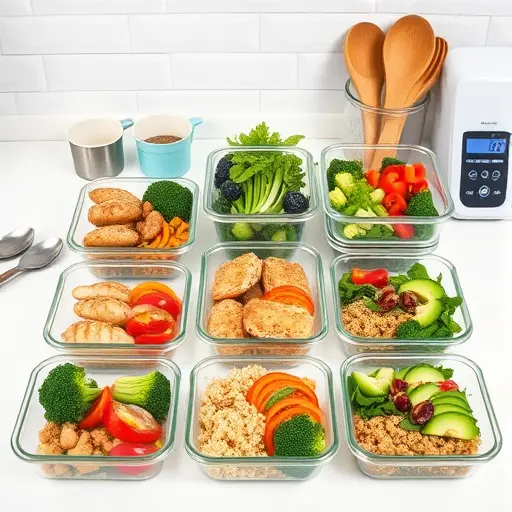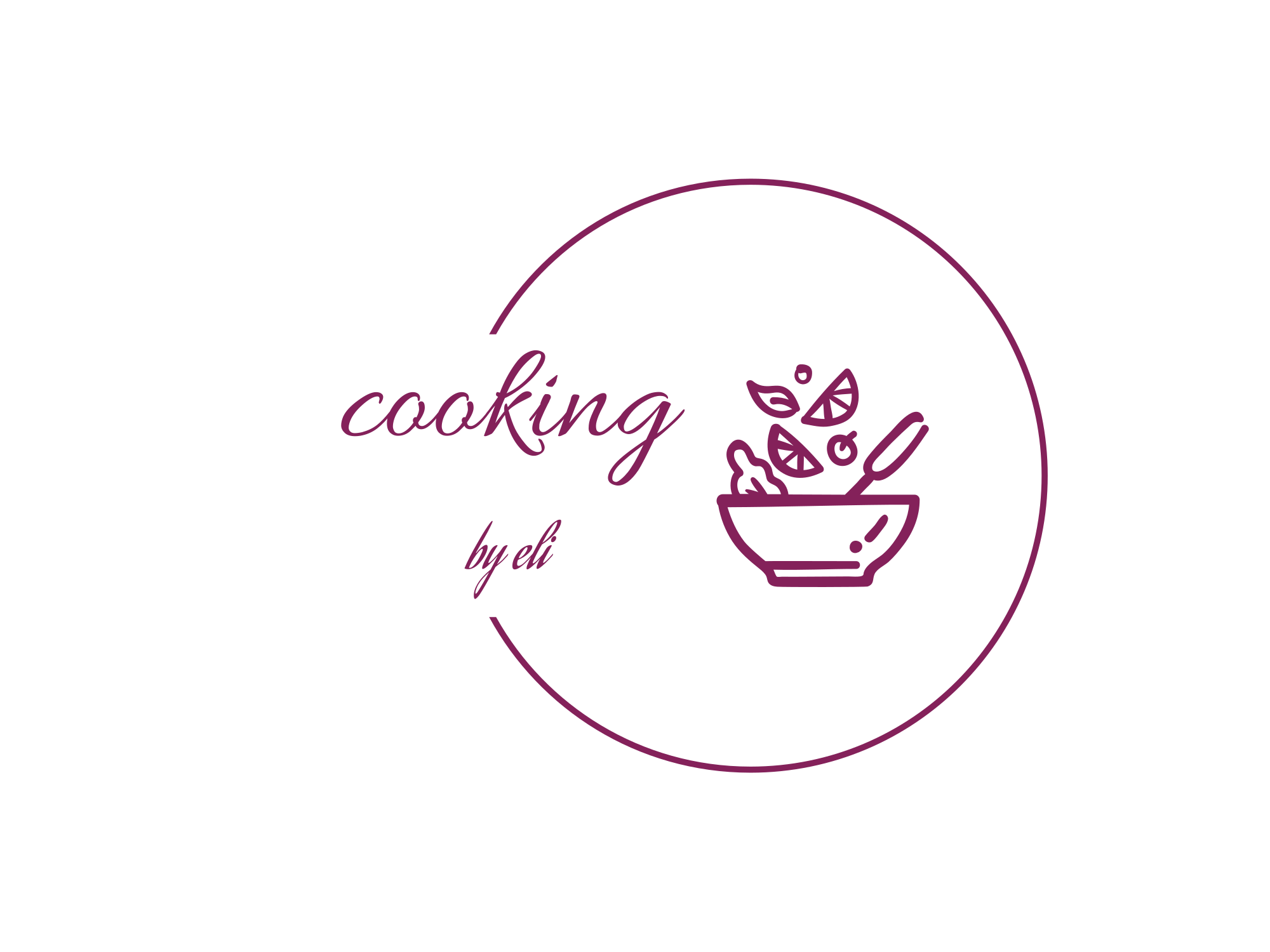Take Control of Your Diet: The Power of Meal Prep for Weight Loss
for Weight Loss: How to Plan and Prepare Healthy Meals in Advance
Meal Prep for Weight Loss: A Step-by-Step Guide
Introduction
Meal prepping is a powerful tool for weight loss. By planning and preparing meals in advance, you can make healthier food choices, avoid unhealthy temptations, and save time and money.
Step-by-Step Guide:
Set Your Goals:
Determine your weight loss target: How much weight do you want to lose?
Identify your dietary needs: Are you following a specific diet (e.g., low-carb, vegetarian)?
Consider your lifestyle: How much time can you dedicate to meal prep?
Plan Your Weekly Menu:
Choose a variety of healthy recipes: Look for recipes that are low in calories, high in nutrients, and satisfying.
Consider portion sizes: Ensure your meals align with your calorie goals.
Plan for leftovers: Repurpose ingredients for different meals throughout the week.
Create a Grocery List:
List all ingredients needed for your planned meals.
Check for sales and coupons: Save money by purchasing items on sale.
Buy in bulk: If you’re prepping for multiple meals, consider buying ingredients in larger quantities.
Prepare Ingredients:
Wash and chop vegetables and fruits.
Cook grains and proteins in advance.
Measure out ingredients for your recipes.
Assemble Your Meals:
Divide cooked ingredients into meal-sized portions.
Store meals in airtight containers.
Label containers with the date and meal type.
Tips for Successful Meal Prepping:
Keep it simple: Start with easy recipes that don’t require complex cooking techniques.
Involve the whole family: Make meal prepping a family activity to encourage healthy eating habits.
Utilize leftovers creatively: Repurpose leftovers into new dishes to avoid boredom.
Don’t be afraid to experiment: Try new recipes and ingredients to keep your meals interesting.
Conclusion
Meal prepping can be a game-changer for weight loss. By following these steps and incorporating healthy habits, you can create delicious and nutritious meals that support your weight loss goals.
Would you like to explore some healthy meal prep recipes or learn more about specific dietary needs?
The Benefits of Drinking Water for Weight Loss: Why Staying Hydrated Matters
Drinking water is a simple yet powerful tool in your weight loss journey. Here’s how:
- Appetite Suppression:
Feeling Fuller, Longer: Water can help you feel full, reducing the urge to overeat.
Misinterpreting Thirst for Hunger: Sometimes, thirst can be mistaken for hunger. By staying hydrated, you can avoid unnecessary snacking.
- Boosted Metabolism:
Calorie Burn: Drinking cold water can slightly increase your metabolic rate as your body works to warm it up.
Efficient Bodily Functions: Proper hydration ensures optimal organ function, including metabolism.
- Reduced Caloric Intake:
Cutting Out Sugary Drinks: Replacing sugary beverages with water can significantly reduce your calorie intake.
Healthier Choices: When you’re well-hydrated, you’re more likely to make healthier food choices.
- Improved Exercise Performance:
Enhanced Endurance: Staying hydrated during workouts helps you push harder and longer.
Faster Recovery: Water aids in muscle recovery and reduces post-workout soreness.
Tips for Drinking More Water:
Carry a Water Bottle: Keep a water bottle with you throughout the day.
Flavor Your Water: Add fruits, herbs, or a splash of lemon or lime for a refreshing twist.
Eat Water-Rich Foods: Fruits and vegetables like watermelon, cucumber, and strawberries can contribute to your hydration.
Set Reminders: Use phone apps or alarms to remind yourself to drink water regularly.
By incorporating water into your daily routine, you can support your weight loss goals and overall health.
Would you like to know more about specific water intake recommendations or other healthy habits for weight loss?
Top Hydrating Foods for Weight Loss and Improved Health
Incorporating these water-rich foods into your diet can help you stay hydrated, boost your metabolism, and support your weight loss goals.
Here are some of the top hydrating foods:
- Cucumber:
- High water content, low in calories.
- Perfect for salads, sandwiches, or as a refreshing snack.
- Watermelon:
- A natural diuretic, helping to flush out toxins.
- Packed with vitamins A, C, and potassium.
- Strawberries:
- Low in calories, high in fiber and antioxidants.
- A delicious and refreshing snack.
- Spinach:
- Nutrient-dense, low in calories.
- Can be added to smoothies, salads, or cooked as a side dish.
- Bell Peppers:
- Crisp and refreshing, with a high water content.
- Versatile and can be eaten raw or cooked.
- Celery:
- Low in calories, high in fiber.
- A crunchy and hydrating snack.
- Grapefruit:
- A great source of vitamin C and fiber.
- Can help boost metabolism and reduce appetite.
- Coconut Water:
- A natural electrolyte-rich drink.
- Hydrates the body and replenishes lost minerals.
- Yogurt:
- A good source of protein and probiotics.
- Choose plain, low-fat yogurt for a healthier option.
- Tomatoes:
- High in water content, vitamins, and antioxidants.
- A versatile ingredient for salads, sauces, and soups.
Remember: While these foods can contribute to your hydration, it’s essential to drink plenty of water throughout the day.
Would you like to know more about creating a balanced diet or have any other questions about health and nutrition?
Top Supplements for Weight Loss: What Works and What Doesn’t
Top Supplements for Weight Loss: A Critical Look
While supplements can play a role in supporting weight loss efforts, they should not be seen as a magic bullet. It’s essential to consult with a healthcare professional before starting any new supplement regimen.
Supplements that might support weight loss:
Protein Powder:
Benefits: Can help increase satiety and muscle mass, both of which can aid in weight loss.
Considerations: Choose a high-quality protein powder that is low in added sugars and artificial ingredients.
Green Tea Extract:
Benefits: Contains antioxidants called catechins, which may boost metabolism and increase fat burning.
Considerations: Some people may experience side effects like insomnia or digestive issues.
Conjugated Linoleic Acid (CLA):
Benefits: May help reduce body fat and increase muscle mass.
Considerations: The effectiveness of CLA for weight loss is still debated.
Garcinia Cambogia:
Benefits: May help reduce appetite and increase serotonin levels, potentially leading to weight loss.
Considerations: The evidence for Garcinia Cambogia’s effectiveness is mixed.
Chromium Picolinate:
Benefits: May help regulate blood sugar levels and reduce cravings.
Considerations: The effects of Chromium Picolinate on weight loss are not well-established.
Supplements to avoid:
Weight loss pills with questionable ingredients: Many over-the-counter weight loss pills contain harmful ingredients or make unsubstantiated claims.
Supplements that promise quick and easy weight loss: There is no quick fix for weight loss. Sustainable weight loss requires a combination of healthy eating, regular exercise, and lifestyle changes.
Important Considerations:
Consult a healthcare professional: Before starting any new supplement, consult with a doctor or registered dietitian.
Prioritize whole foods: A balanced diet rich in fruits, vegetables, whole grains, lean proteins, and healthy fats is essential for weight loss.
Combine supplements with lifestyle changes: Supplements should be used as part of a comprehensive weight loss plan, not as a substitute for healthy habits.
Remember, while supplements may provide additional benefits, they are not a substitute for a healthy lifestyle.
Top Supplements for Weight Loss: What Works and What Doesn’t
Top Supplements for Weight Loss: A Critical Look
While supplements can play a role in supporting weight loss efforts, they should not be seen as a magic bullet. It’s essential to consult with a healthcare professional before starting any new supplement regimen.
Supplements that might support weight loss:
Protein Powder:
Benefits: Can help increase satiety and muscle mass, both of which can aid in weight loss.
Considerations: Choose a high-quality protein powder that is low in added sugars and artificial ingredients.
Green Tea Extract:
Benefits: Contains antioxidants called catechins, which may boost metabolism and increase fat burning.
Considerations: Some people may experience side effects like insomnia or digestive issues.
Conjugated Linoleic Acid (CLA):
Benefits: May help reduce body fat and increase muscle mass.
Considerations: The effectiveness of CLA for weight loss is still debated.
Garcinia Cambogia:
Benefits: May help reduce appetite and increase serotonin levels, potentially leading to weight loss.
Considerations: The evidence for Garcinia Cambogia’s effectiveness is mixed.
Chromium Picolinate:
Benefits: May help regulate blood sugar levels and reduce cravings.
Considerations: The effects of Chromium Picolinate on weight loss are not well-established.
Supplements to avoid:
Weight loss pills with questionable ingredients: Many over-the-counter weight loss pills contain harmful ingredients or make unsubstantiated claims.
Supplements that promise quick and easy weight loss: There is no quick fix for weight loss. Sustainable weight loss requires a combination of healthy eating, regular exercise, and lifestyle changes.
Important Considerations:
Consult a healthcare professional: Before starting any new supplement, consult with a doctor or registered dietitian.
Prioritize whole foods: A balanced diet rich in fruits, vegetables, whole grains, lean proteins, and healthy fats is essential for weight loss.
Combine supplements with lifestyle changes: Supplements should be used as part of a comprehensive weight loss plan, not as a substitute for healthy habits.
Remember, while supplements may provide additional benefits, they are not a substitute for a healthy lifestyle.
How to Create a Sustainable Weight Loss Meal Plan: Tips for Long-Term Success
Creating a Sustainable Weight Loss Meal Plan
A sustainable weight loss meal plan is one that you can stick to long-term. It should be enjoyable, nutritious, and realistic for your lifestyle. Here are some tips to help you create a successful plan:
- Set Realistic Goals:
Gradual weight loss: Aim for a steady, sustainable weight loss of 1-2 pounds per week.
Listen to your body: Pay attention to your hunger and fullness cues.
Avoid extreme diets: Fad diets or crash diets are often unsustainable and can lead to rebound weight gain.
- Focus on Whole Foods:
Fruits and vegetables: These are low in calories and high in nutrients.
Lean proteins: Opt for sources like chicken, fish, beans, and lentils.
Whole grains: Choose brown rice, quinoa, and whole-wheat bread.
Healthy fats: Incorporate avocados, nuts, and seeds.
- Portion Control:
Use smaller plates: This can help you eat smaller portions without feeling deprived.
Measure ingredients: Knowing the serving sizes of different foods can help you control your calorie intake.
Be mindful of hidden calories: Watch out for added sugars, unhealthy fats, and excessive sodium.
- Plan and Prepare Meals:
Weekly meal planning: This can help you make healthier food choices and avoid impulsive decisions.
Batch cooking: Prepare meals in advance to save time and money.
Pack healthy snacks: Keep healthy snacks on hand to avoid unhealthy temptations.
- Listen to Your Body:
Pay attention to hunger and fullness cues: Eat when you’re hungry and stop when you’re satisfied.
Avoid emotional eating: Find healthy ways to manage stress and emotions.
- Be Flexible:
Allow for occasional indulgences: Enjoy your favorite foods in moderation.
Don’t beat yourself up for setbacks: Everyone slips up sometimes. Focus on getting back on track.
- Seek Support:
Join a support group: Connect with others who are also working on weight loss.
Consider working with a registered dietitian: A professional can provide personalized guidance and support.
Remember, sustainable weight loss is a journey, not a destination. By following these tips and making healthy choices, you can achieve your weight loss goals and maintain a healthy lifestyle.

I’m glad you were with us. If you have any comments or experiences related to this subject, please share them below this post. Thank you.
